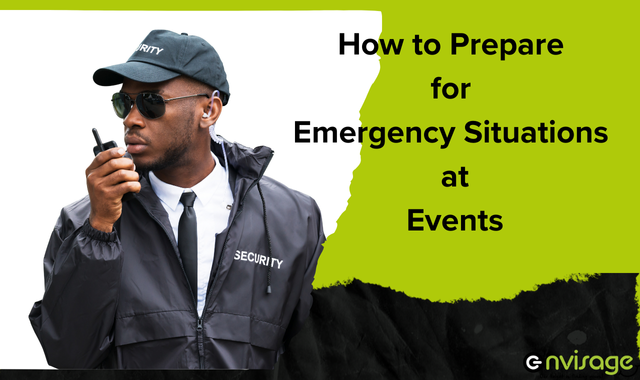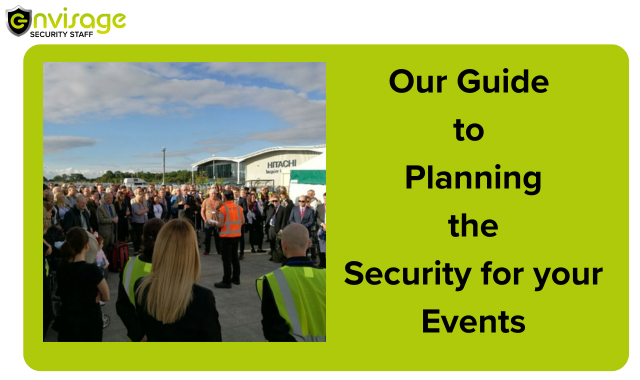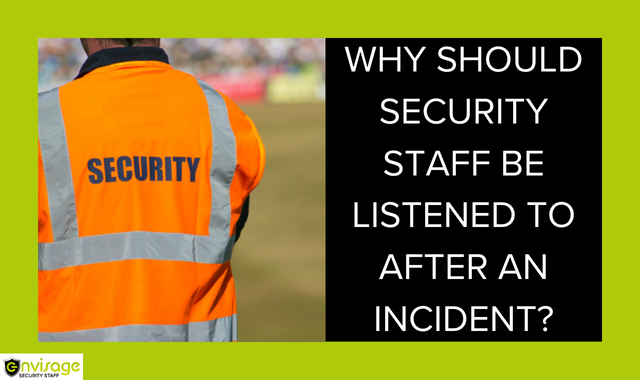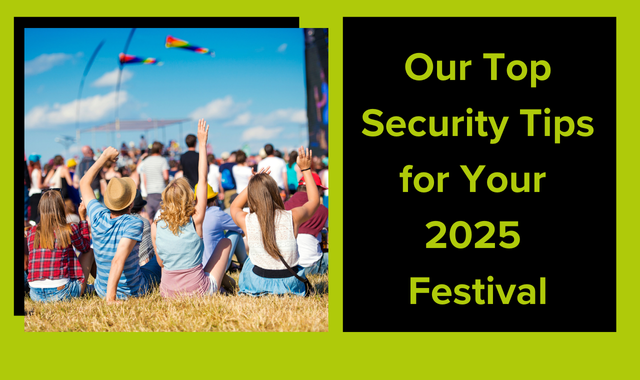How to Plan Security for Large-Scale Events: A Step-by-Step Guide Organising a large-scale event is…

How to Prepare for Emergency Situations at Events
Prepare for Emergency Situations at Events with Professional Security
Hosting a successful event requires meticulous planning, and one of the most crucial aspects is ensuring the safety and security of attendees, staff, and performers. Emergencies such as medical incidents, security breaches, fires, or extreme weather can arise unexpectedly, and being unprepared can lead to chaos, injury, or worse. Having a solid emergency response plan, backed by trained security personnel, is essential for mitigating risks and ensuring a smooth, controlled response to any crisis.
In this blog, we’ll discuss how to prepare for emergency situations at events, the invaluable role that security staff play in crisis management, and why hiring professional security personnel is vital.
Identifying Potential Emergencies
The first step in preparing for emergencies is conducting a thorough risk assessment to identify potential threats. Common emergency situations at events include:
• Medical Emergencies – Sudden illnesses, dehydration, injuries, and allergic reactions.
• Fires and Natural Disasters – Fire hazards, extreme weather, flooding, and power failures.
• Crowd Control Issues – Overcrowding, stampedes, aggressive behaviour, and fights.
• Security Threats – Theft, vandalism, unauthorised access, and terrorism threats.
• Technical Failures – Structural collapses, stage malfunctions, and electrical failures.
By identifying these risks in advance, event organisers and security teams can put measures in place to minimise dangers and ensure a rapid response when needed.
The Role of Security Staff in Emergency Situations
Security personnel serve as the first line of defence in emergency situations. Their presence not only helps prevent incidents but also ensures a quick and effective response when things go wrong. Here’s how security teams contribute to event safety:
1. Risk Assessment and Threat Analysis
Professional security teams assess the venue before the event, identifying vulnerabilities and creating contingency plans tailored to specific risks.
2. Crowd Management and Control
Security personnel regulate entry and exit points, prevent overcrowding, and intervene when disturbances arise to maintain order and prevent dangerous situations from escalating.
3. Handling Medical Emergencies
Many security professionals are trained in first aid and CPR, ensuring a rapid response to medical emergencies until paramedics arrive.
4. Managing Security Threats and Preventing Crime
From stopping unauthorised access to handling aggressive individuals, security teams play a vital role in preventing disturbances and ensuring a safe event environment.
5. Evacuation Coordination
In situations requiring evacuation, such as fire outbreaks or terrorist threats, security teams guide attendees to safety, ensuring an orderly exit without panic.
6. Real-Time Surveillance and Communication
Using CCTV, radio communication, and on-ground monitoring, security staff can quickly identify suspicious behaviour and coordinate an immediate response to threats.
Why You Should Hire Professional Security Staff for Events
Hiring professional security staff is not a luxury—it’s a necessity for any event organiser. Here’s why:
1. Trained Professionals with Experience
Professional security personnel undergo rigorous training in risk management, emergency response, and conflict resolution. Their expertise allows them to react swiftly and effectively in crisis situations.
2. Legal Compliance and Risk Mitigation
UK event organisers have a legal responsibility to ensure the safety of attendees. Hiring certified security staff ensures compliance with safety regulations, reducing liability and legal risks.
3. Prevention Rather Than Reaction
Having professional security staff on-site discourages criminal activities, rowdy behaviour, and security breaches, ensuring issues are addressed before they escalate.
4. Effective Crisis Management
In an emergency, an untrained team may panic, worsening the situation. Security professionals remain calm, assess risks, and take decisive action to protect everyone at the event.
5. Reputation and Attendee Confidence
A well-secured event fosters a safe atmosphere, enhancing its reputation and ensuring a positive experience for attendees, staff, and performers.
Steps to Create an Effective Emergency Response Plan
To ensure maximum safety, event organisers should work with security professionals to develop a robust emergency response plan. Here’s how:
1. Conduct a Risk Assessment
• Identify potential threats based on venue type, crowd size, and event nature.
• Evaluate structural integrity, entry/exit points, and high-risk zones.
• Assess past incidents from similar events to inform risk planning.
2. Develop a Security and Emergency Action Plan
• Establish emergency response protocols for different scenarios (fires, medical emergencies, security breaches, etc.).
• Assign specific roles to security teams and event staff.
• Develop an evacuation strategy and ensure all staff are familiar with it.
3. Implement Security Measures
• Deploy security personnel at strategic locations throughout the venue.
• Utilise surveillance cameras and radio communication for real-time monitoring.
• Enforce proper ID checks and bag screenings to prevent unauthorised access.
4. Train Event Staff and Conduct Emergency Drills
• Provide emergency response training for all event staff.
• Conduct regular drills to test response times and identify weaknesses in the plan.
• Ensure all security staff are well-versed in crowd control and conflict de-escalation.
5. Establish a Strong Communication System
• Use two-way radios and designated emergency channels for rapid coordination.
• Set up an emergency control centre for centralised decision-making.
• Inform attendees of safety procedures and emergency exits via signage and pre-event communication.
6. Coordinate with Local Authorities and Emergency Services
• Maintain direct contact with local police, fire departments, and medical teams.
• Ensure emergency services have access to the venue in case of an incident.
• Work with law enforcement to establish security checkpoints and perimeter control.
Ensuring Safety with Professional Security Measures
No matter the size or type of event, preparing for emergencies is crucial. Security personnel play an essential role in preventing incidents, managing crowds, handling emergencies, and ensuring smooth evacuations when needed. Without a professional security presence, even minor issues can spiral into major disasters, putting lives at risk and damaging an event’s reputation.
For event organisers looking to ensure the highest level of safety, hiring professional security staff is the best investment. If you’re planning an event in the UK and need experienced, highly trained security personnel, Envisage Security Agency is an excellent choice. Their expert team is equipped to handle a wide range of security challenges, ensuring your event runs smoothly and safely.
By prioritising security and emergency preparedness, you can create a safe and enjoyable environment for everyone involved, leaving attendees with a positive experience and peace of mind.


